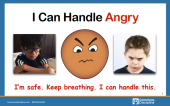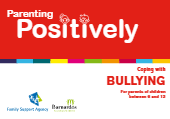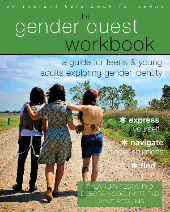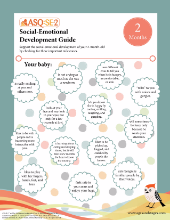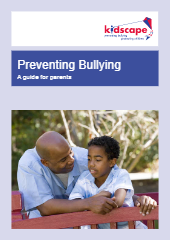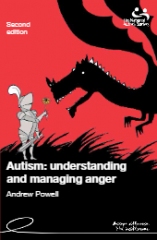 “Autism: Understanding and Managing Anger” is an essential guide designed to help parents and caregivers manage anger in children with autism. This comprehensive resource provides practical advice and strategies to address the unique challenges that children with autism face, leading to anger and meltdowns.
“Autism: Understanding and Managing Anger” is an essential guide designed to help parents and caregivers manage anger in children with autism. This comprehensive resource provides practical advice and strategies to address the unique challenges that children with autism face, leading to anger and meltdowns.
This book offers a detailed look at why children with autism experience anger and how it manifests. It explores the underlying causes of anger, such as communication difficulties, sensory sensitivities, and social misunderstandings. The guide introduces the low arousal approach, a non-confrontational method for managing difficult situations, which is crucial for helping children with autism cope with their emotions.
The guide is aimed at parents and caregivers of children on the autism spectrum, particularly those with Asperger syndrome and high-functioning autism. It is also beneficial for teachers, therapists, and other professionals who work with children with autism. The strategies provided are tailored to help families and professionals create a supportive environment that reduces anger and promotes positive behaviours.
How It Can Be Used:
-
At Home: Parents can use the strategies outlined in the book to manage daily challenges and prevent meltdowns. Techniques such as clear communication, creating structure, and considering sensory needs are discussed in detail to help parents support their children effectively.
-
In School: Teachers can apply the low arousal approach to create a calm and predictable classroom environment. The book provides tips on reducing confrontation, using visual aids, and maintaining consistent routines to help students with autism feel secure and understood.
-
In Therapy: Mental health professionals can use the insights and strategies from the book to guide their therapeutic approaches. Understanding the specific triggers and coping mechanisms for anger in children with autism is crucial for developing effective intervention plans.
-
Support Groups: The guide can be a valuable resource for support groups, providing a basis for discussion and shared experiences. Parents and caregivers can learn from each other while applying the book’s practical advice.
FREE PDF DOWNLOAD OF AUTISM: UNDERSTANDING AND MANAGING ANGER BOOK FOR PARENTS/CAREGIVERS
RELATED FREE RESOURCES
Managing Anger: Supporting Families to Manage Anxiety, Distressed Behaviours and Meltdowns Booklet
This booklet is a resource used in a seminar aimed at parents who have a child with a diagnosis of autism, whose children are experiencing difficulties with managing their emotions, which can result in difficulties with anger, anxiety, distressed behaviours and meltdowns.
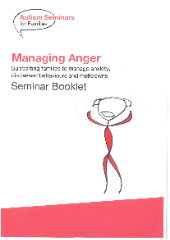
Social Story: Sometimes I Get Angry. That’s OK!
“Sometimes I Get Angry. That’s OK!” is a valuable resource designed to help children understand and manage their anger. This guide explains that feeling angry is normal and provides practical strategies to calm down, such as deep breathing, counting to ten, and asking for space. It encourages children to seek help and communicate their feelings in a healthy way. Ideal for parents, teachers, and caregivers, this resource supports emotional regulation and promotes mental well-being.

Social Story: I Can Handle Angry
This is a social story designed to help children learn healthy ways to manage their anger. This guide provides practical strategies, such as deep breathing, asking for help, and expressing feelings, to teach children alternative ways to handle frustration without resorting to hitting. Ideal for parents, teachers, and caregivers, this resource supports emotional regulation and promotes positive behaviour in children. The guide encourages daily practice and consistent reinforcement to help children develop these important skills.
